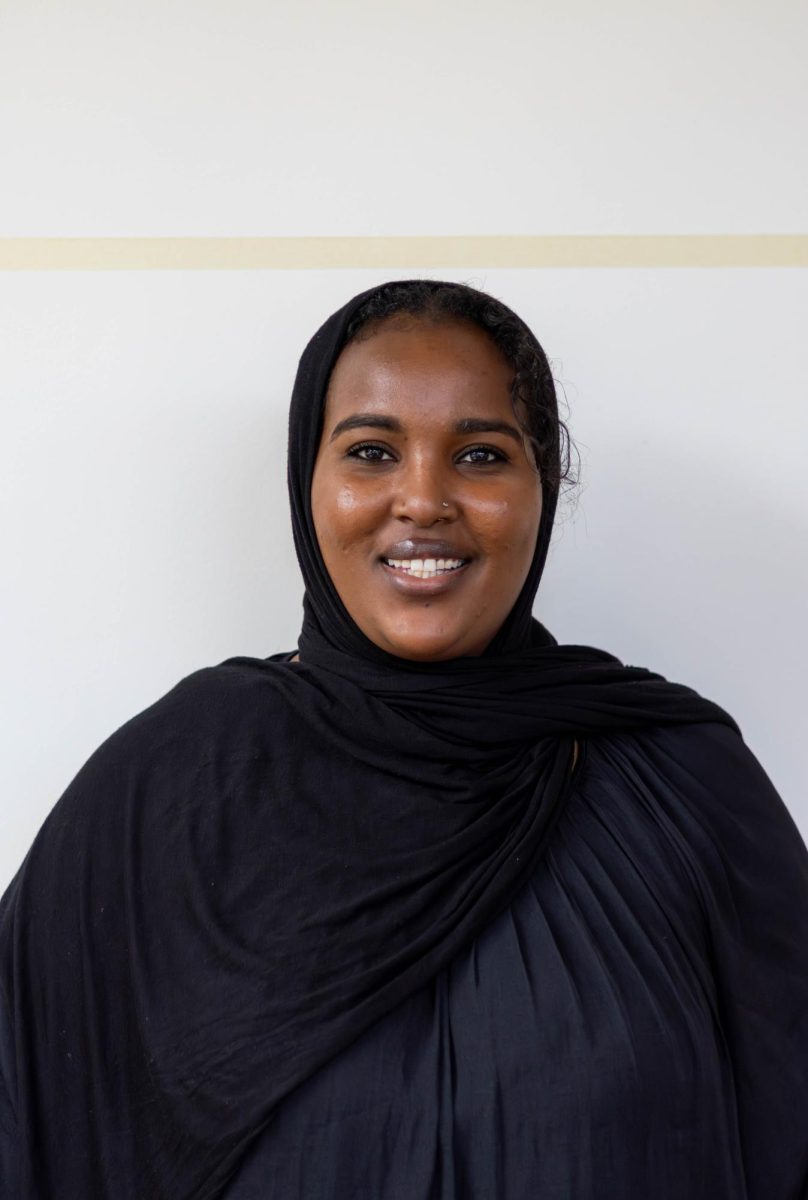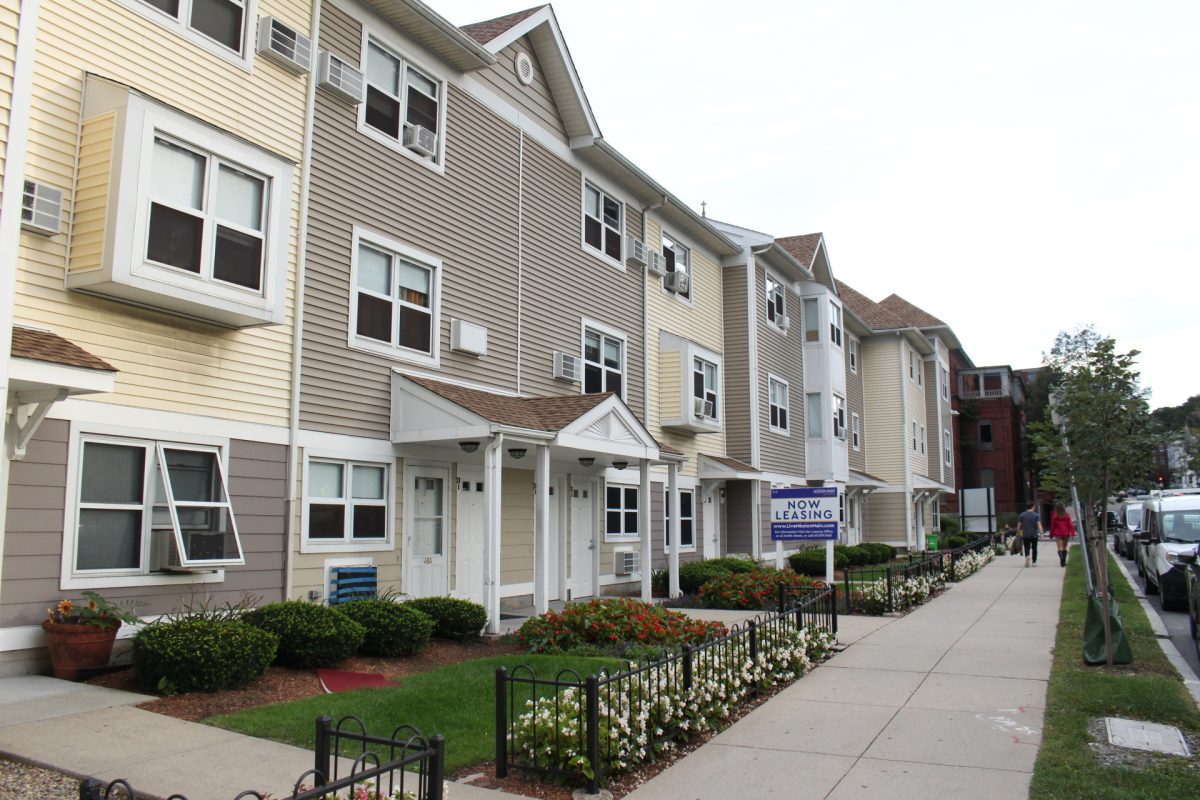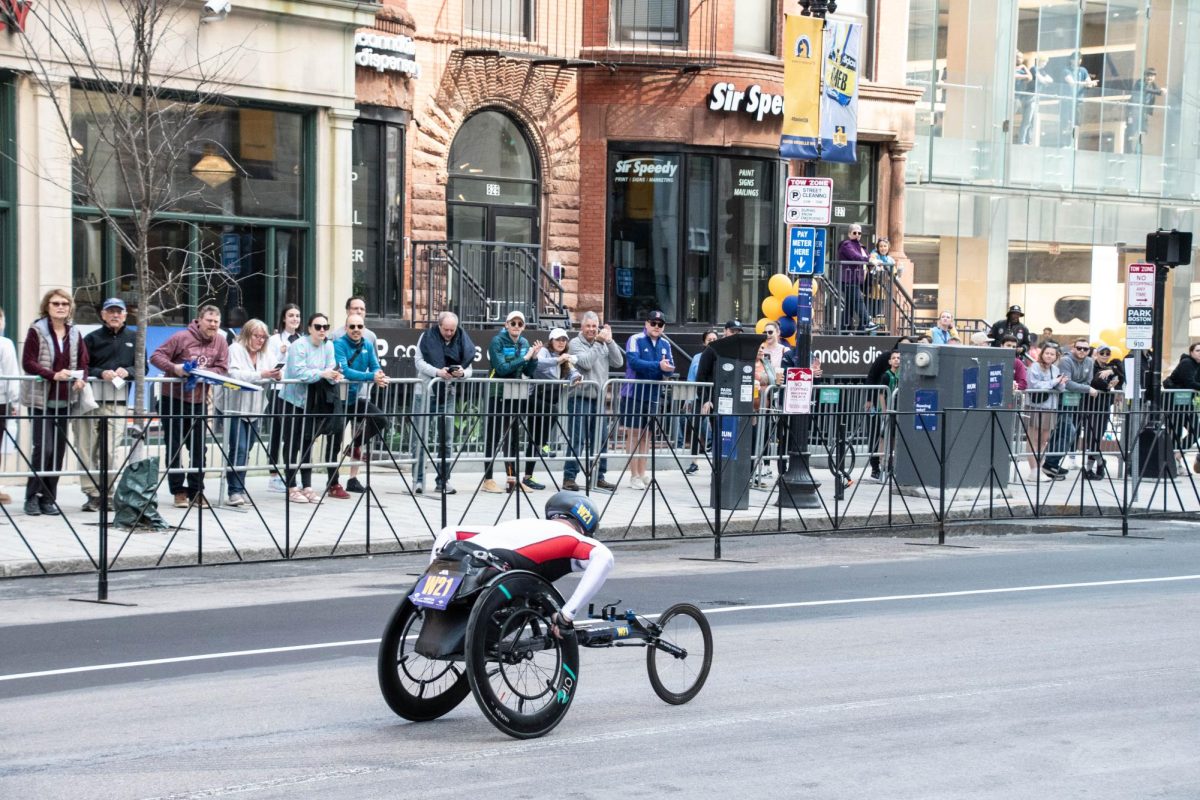By Alia Azmi, News Correspondent
A recent wave of Internet companies are promising to match patients with doctors ready to provide medical marijuana prescriptions, raising concerns surrounding the state regulation of the drug.
The Massachusetts Medical Marijuana Initiative, passed last November, qualifies those with a debilitating medical condition to possess and use medical marijuana. MGL 369, An Act for the Humanitarian Use of Marijuana for Medical Purposes, has developed regulations for patient and doctor registration, as well as operation of dispensaries. Internet companies providing physician recommendations to patients have surfaced in the wake of the law’s implementation, meeting the bare minimum of requirements laid out by MGL 369.
Delta 9 Medical Consulting, run by state-licensed anesthesiologist Dr. Harold Altvator, is one of the newly launched services and has locations in Malden and Methuen, Mass.
“We do a full evaluation for patients in the state of Massachusetts that are interested in medical cannabis,” Altvator said. “We try to get a baseline assessment to formulate a plan for patients and try to piece together an optimal way they can better benefit from cannabis.”
Altvator said websites like Delta 9, MarijuanaDoctors.com and CommonwealthMD.com, which also promise to match patients with doctors, serve a purpose.
“They make it easier for patients to find clinicians,” Altvator said. “They’re a benefit in that respect.”
Since February, Altvator said that he has certified more than 250 patients for medical marijuana out of more than 400 requested evaluations. He has rejected 40 percent of people because they don’t meet the state requirements.
Altvator believes the lack of research of the drug contributes to the regulation difficulties experienced by the state. The United States Controlled Substance Act defines marijuana as a Schedule I drug, meaning it was determined to not have any medical value. On a federal level, Altvator hopes for the drug to be changed to a different classification in order to have more studies completed on the drug.
“The Department of Public Health, as far as I know, hasn’t really received additional funding or manpower to monitor the medical cannabis industry,” Altvator said. “It’s just a lot of extra work without extra support for those folks. They’re doing a great job right now, but eventually the system will get fatigued.”
Stephanie Shapiro Berkson, a public health adjunct lecturer at the University of Illinois at Chicago, believes such websites are money-driven, as a number of the companies are run by entrepreneurs with no medical background.
“It’s always a cost-benefit analysis when it comes to prescribing medication,” Berkson said. “There is a lack of study in medical marijuana. We don’t know what marijuana can do. It’s something that should be taken very seriously.”
Massachusetts Department of Public Health (DPH) spokesman David Kibbe said that the websites in question have no affiliation to the state.
“DPH regulations require that certifying physicians must be licensed to practice medicine in Massachusetts with the Board of Registration in Medicine,” Kibbe said in a statement. “A certifying physician may issue a written certification only for a qualifying patient with whom the physician has a bona fide physician-patient relationship.”
According to new state regulations, in order to meet the definition of “bona fide relationship,” the physician must conduct a clinical visit; complete and document a full assessment of the patient’s medical history and current medical condition; explain the potential benefits and risks of marijuana use; and must have a role in the ongoing care and treatment of the patient.
Since voters approved a ballot referendum legalizing marijuana for medical use last November, DPH has been responsible for issuing regulations that would implement the law.
The ballot law established that 35 medical marijuana dispensaries can be opened in Massachusetts in the first year of the bill, but state public health officials have seen 158 applications so far, according to the DPH.
A national survey conducted by Pew Research Center earlier this year revealed that a majority of Americans now favor legalizing the recreational use of marijuana, up 11 points since 2010.
“Most people will see a growing acceptance [of marijuana],” Altvator said. “There’s a momentum and that’s how cannabis has moved from being prohibited to being legalized and more accepted.”













